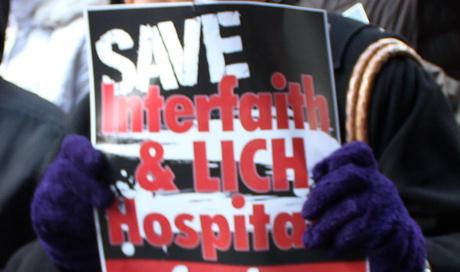OPINION: In healthcare, both prevention and cure are necessary

In a recent presentation on one of the plans to revamp Long Island College Hospital, a speaker, who shall be nameless for the time being, told audience members at a local community meeting that his group had no plans to offer a full-service hospital. This particular plan is offered by a partnership between a real estate organization and another healthcare institution.
Evidently unaffected by booing from the audience, he then made a statement implying that most full-service hospitals are part of a health care model that’s on the way out anyway. Most people hate to stay overnight in a hospital if they can help it, he declared. Instead of relying on the hospital, he said, people should concentrate on preventive measures such as diet, exercise, proper sleep and so on.
Is this valid? Well, let’s draw an analogy with the automobile. The car, most people agree, is a fine invention and one that is an absolute necessity in many parts of the country (most of Brooklyn excluded). Everyone agrees on the need for safe driving practices – keeping within the speed limit, signaling and slowing down before making a turn, slowing down at a crosswalk, slowing down when you see a pedestrian, etc. People also agree that it’s wrong to drive when you’re high on alcohol or drugs.
